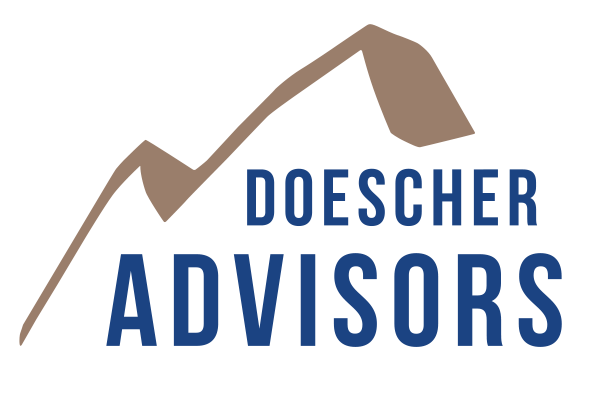Our Blog
What Financial Information Should I Share with My Associates?

This was actually a question posed to me by one of my clients. To be perfectly candid, I didn’t give him a very good answer. Thinking about how I could have responded better led me to purchase an old book, Open-Book Management: The Coming Business Revolution (Open-Book), written by John Case in 1995. I also bought The Great Game of Business: Unlocking the Power and Profitability of Open-Book Management, by Jack Stack, and I intend to study the Scanlon plan. So far, here are my takeaways from Open-Book, along with some editorial comments.
- I would lean toward sharing information. In my experience with all types of businesses, the associates generally seem to think the company is more profitable than it really is. For example, if everyone hears the company has been awarded a million-dollar contract, they may think the owner will get $500,000. But if the company’s EBITDA (Earnings Before Interest, Taxes, Depreciation & Amortization) is 10 percent (a pretty common result for a good company), the actual profit is far less.
- Start out slowly and share just a few metrics, like sales/revenue.
- Before getting too deep into sharing, think about reporting when you have either a world-class year or a near-bankruptcy year, and anticipate questions. Sharing too much information could become a slippery slope that results in unnecessary concerns or expectations.
- NEVER FUDGE THE NUMBERS!!!! Rather than fudging numbers, it would be better not to share at all.
- Open-Book appropriately describes the old Industrial Revolution command and control management styles versus today’s knowledge workers, even on the factory floor. Have you been on a shop floor recently? Most machines today are computer-controlled and the operators are required to be very skilled to diagnose issues and/or problems. Command and control would never work.
- Open-Book also recommends that owners view their associates as “partners.” I can relate to this because that’s how Frank Moran, founding partner of Plante Moran, made me feel from the day I started there as an intern.
- Open Book suggests rewarding people for making money. In other words, teach them that profit is necessary to maintain a sustainable business.
- “What gets measured gets done,” according to Open-Book. Louis Gerstner, former IBM CEO, loved to say, “People do what you inspect, not what you expect.”
- Keep it simple. People don’t trust what they don’t understand.
The last half of the book provides specific examples of private companies that have adopted some type of open-book management style.
When I reflect upon today’s workforce, I think some version of open-book management makes a lot of sense. I would probably suggest reading up on the subject, attending some seminars, and getting outside help to get started. A misstep could be quite painful for you and your associates.
